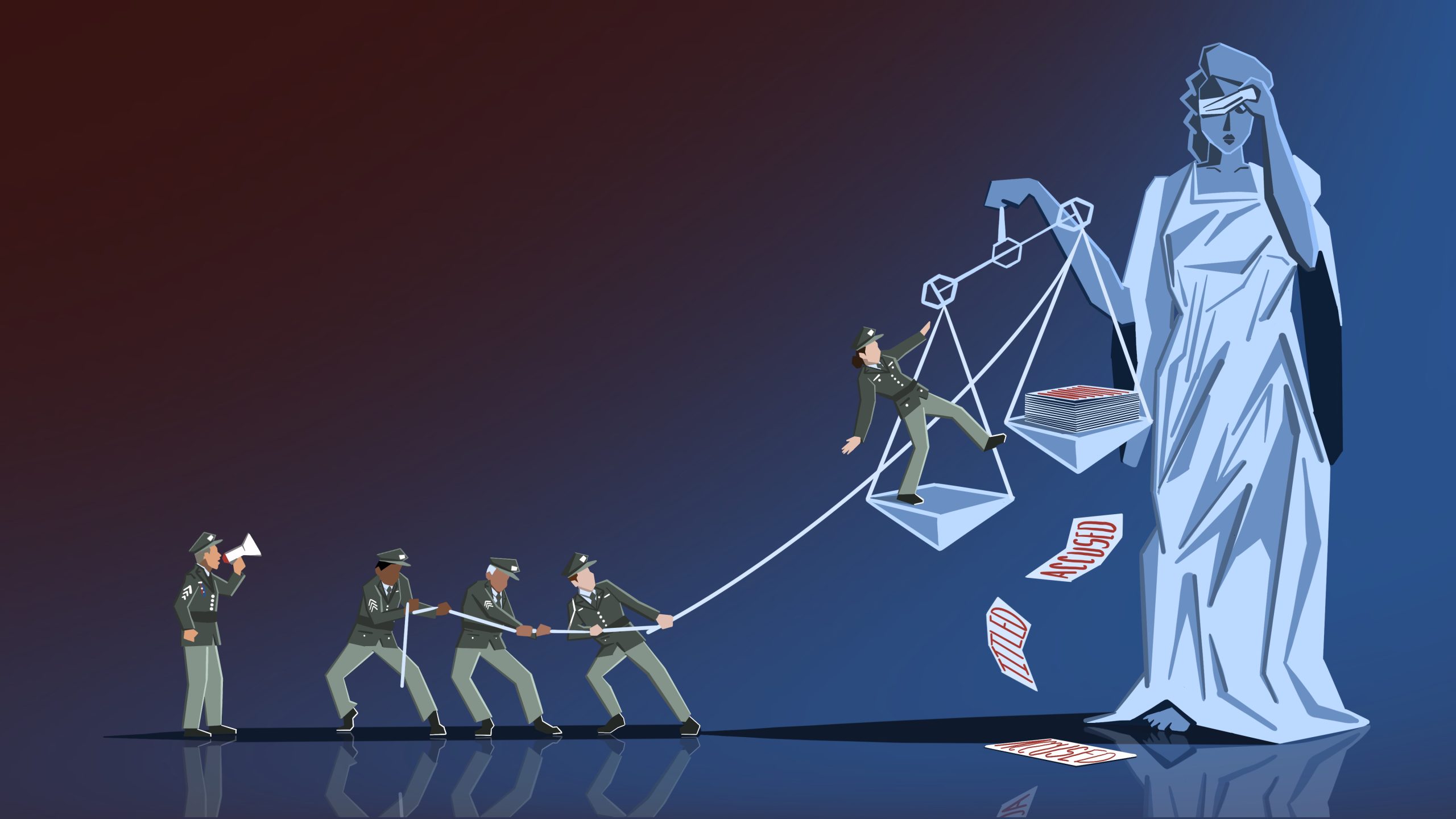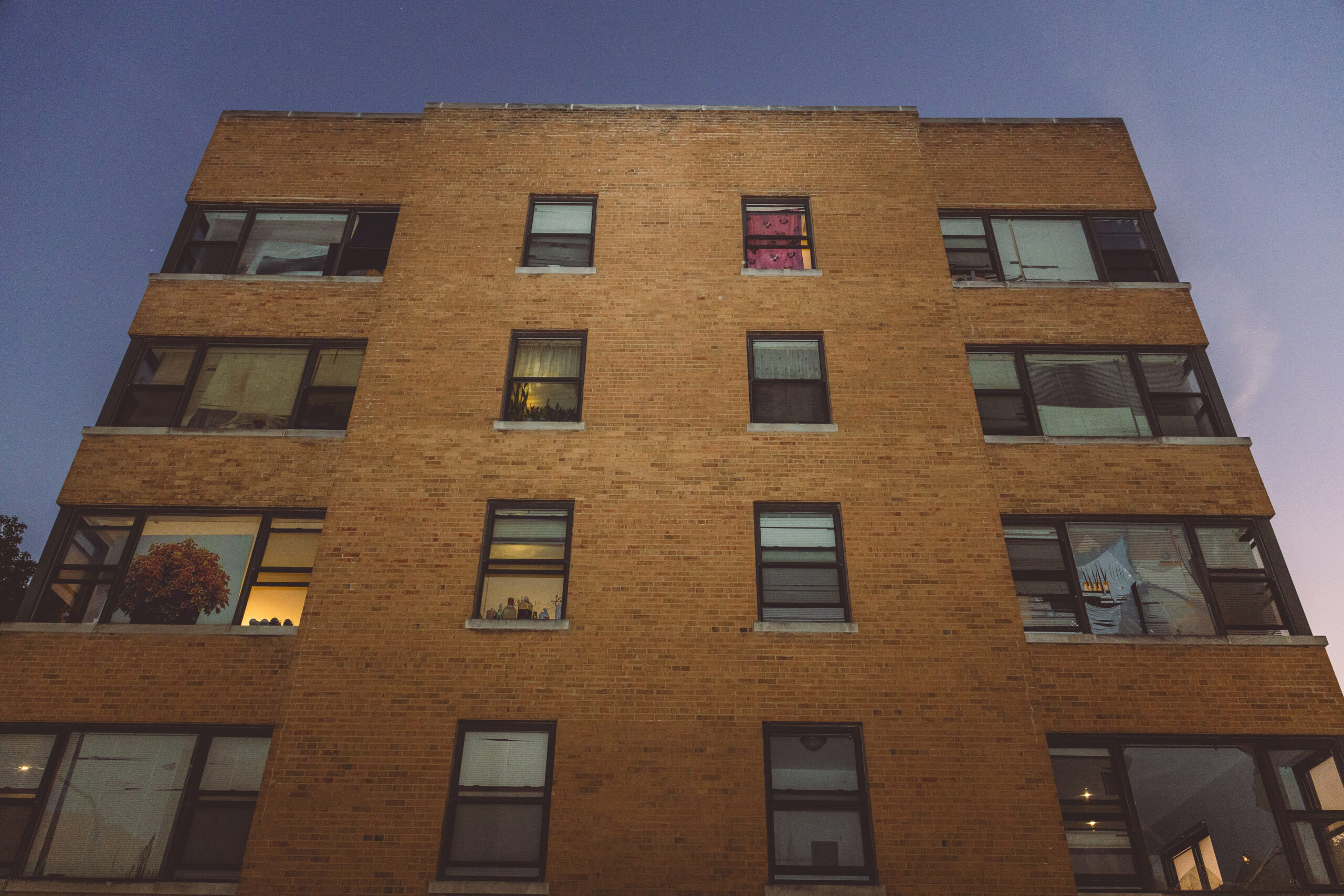

Gotta wonder what just parking all these gas guzzlers on the south side of the Equator is costing us.
Not that it matters, since we have unlimited money for stupid military bullshit. But I’m about to hear a bunch of hawks tell me the US Treasury is out of money and we can’t afford Medicaid anymore. I can’t help see this next Glorious Christian Invasion of a recalcitrant petro-state as a big hole in my pocket leaking money.

















You think the Brits would do that? Appoint a single family to a powerful position of authority and let them just loot the national treasury generation after generation? Cause I find that very idea offensive and suspect you’re just another Tankie Wumao Corbynite Bot.